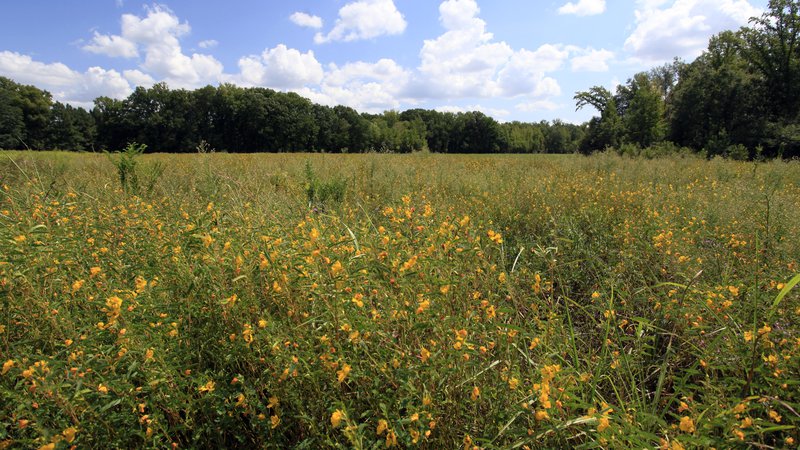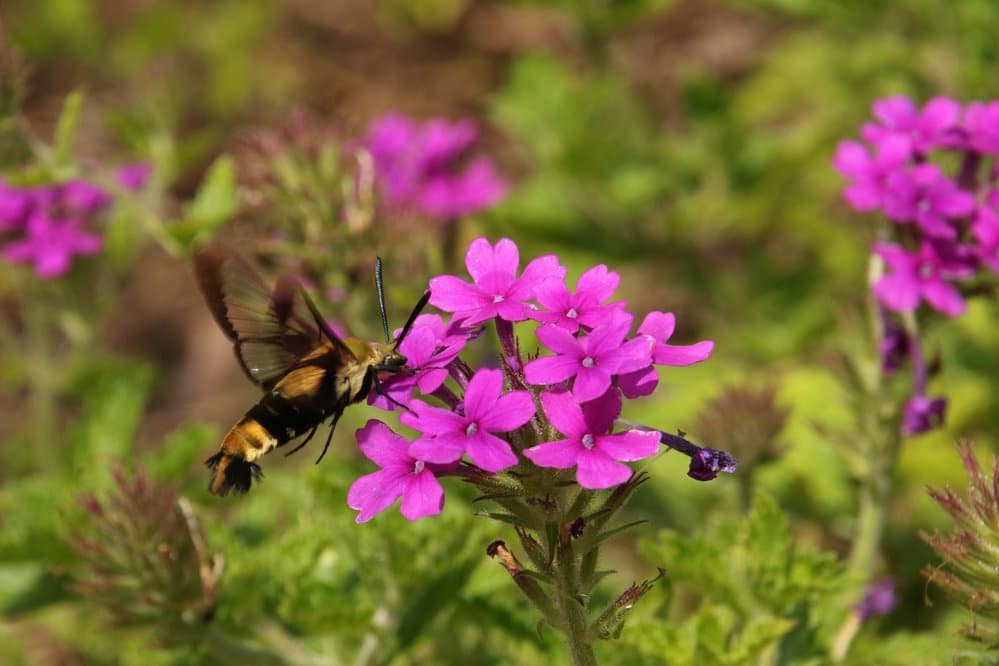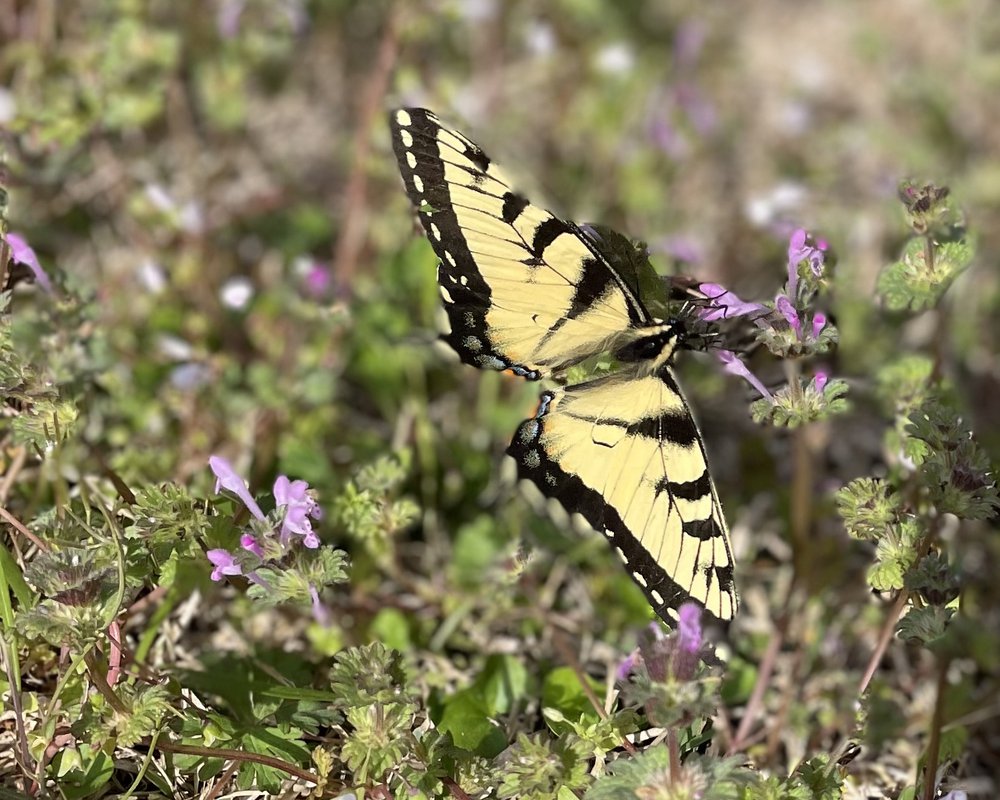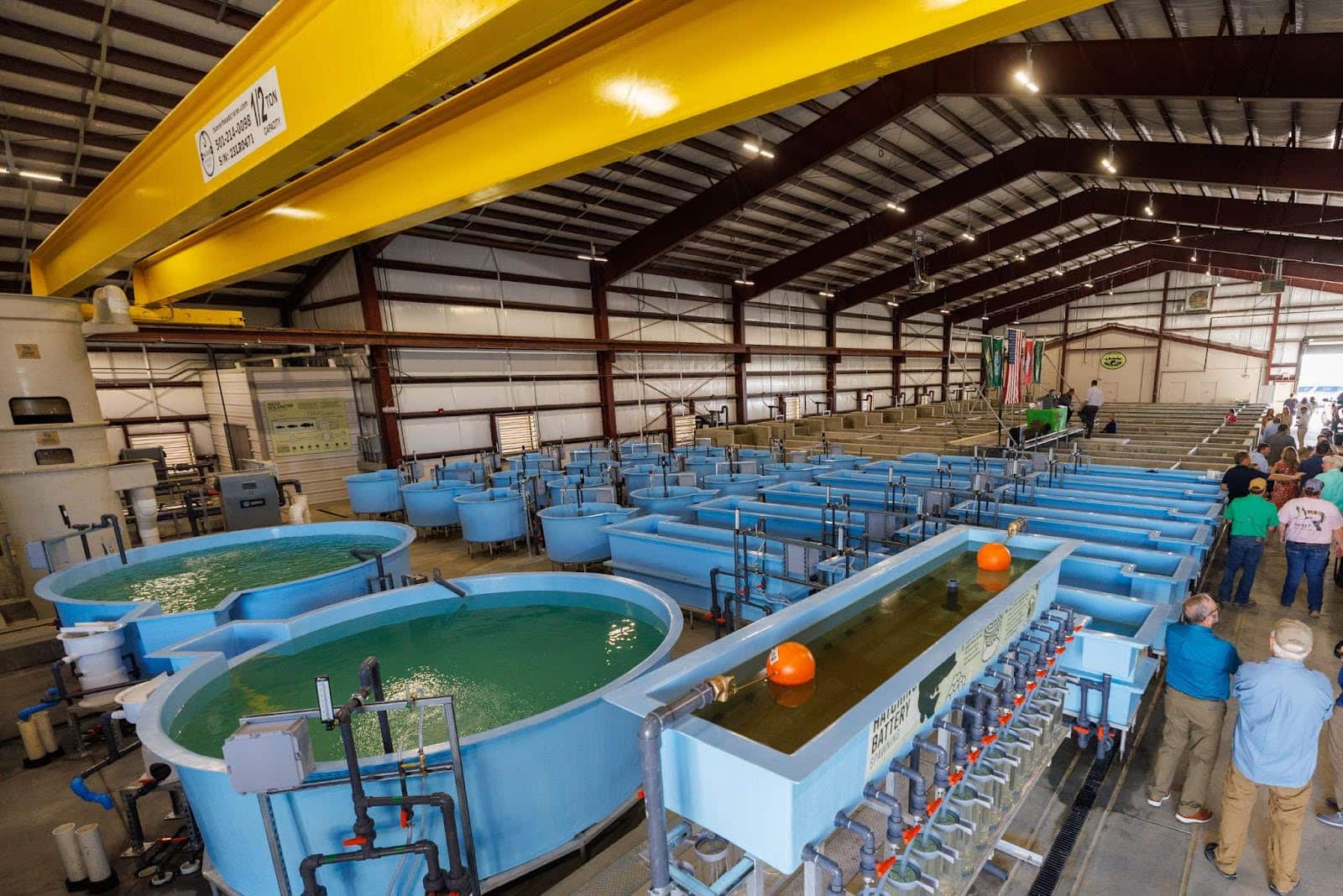Make ‘No Mow May’ the first step to grow native for wildlife
ON 05-10-2023

May 10, 2023
Randy Zellers
Assistant Chief of Communications
LITTLE ROCK — The “No Mow May” movement making the rounds on social media first attracted me because, quite frankly, May is a fantastic time to get out and fish instead of spend my days on a lawnmower. And if my lack of enthusiasm in fighting Mother Nature’s designs for my property helped pollinators and ground-nesting birds, even better. But why limit my wildlife-friendly loafing to a single month?
No Mow May began in England as a way to help pollinators and promote the use of plants that are native for an area instead of planting monocultures of sod-forming grasses that look neat and orderly but offer little added benefit to animals. Thanks to social media, the catchy phrase has spread across the pond and has found a new home in the states, but there’s so much more that can be done for wildlife when you’re living in a place called The Natural State.

Allison Fowler, assistant chief of wildlife management for the Arkansas Game and Fish Commission, worked extensively on projects to benefit pollinators and other native wildlife before recently being promoted to her new position. She says studies have shown delaying mowing a lawn by as little as a week can result in a much larger diversity of bees and other pollinating insects using your land.
“We sort of get caught up in that routine of mowing and planting sod-forming grasses to make our yards attractive, but they’re not as attractive to the wildlife,” Fowler said. “Bees, butterflies and fireflies all benefit from the flowers of those weeds we’re cutting down. A lot of people make comments on how they don’t see the lightning bugs in an area like when they first moved in, but the reason for that disappearance never really sinks in. We have a space at my home that we let grow wild, and we still get to enjoy those fireflies.”
Allowing some dandelions and clover enough time to bloom and benefit bees definitely is helpful, but with a little effort on the front end, private landowners can benefit wildlife much more and likely spend less money in the long run than constantly chopping up valuable habitat with a mower or bushhog. Allowing native vegetation to bloom may reveal some native wildflowers already on your property, but adding some plantings of wildflower mixes can increase the benefit.

“The AGFC worked with the Arkansas Monarch Conservation Partnership to create a few great resources for landowners to learn more about planting or promoting native gardens and plots,” Fowler said. “Instead of spending money planting and watering exotic flowers, you can spend less and see better benefits from native plants that don’t require as much water and maintenance.”
Visit www.arkansasmonarchs.org to learn more about growing native vegetation to benefit wildlife and reduce the wear and tear on your lawnmower even more.
####
CUTLINES:
Overgrown pasture
Letting the lawnmower sit for an extra month can increase the benefits of your fields and yards for wildlife such as butterflies and bees.
Moth on flower
Interesting species, such as hummingbird moths, will find flowering “weeds” appealing.
Butterfly
Weeds like henbit may seem a nuisance, but their flowers provide valuable nectar for pollinators like tiger swallowtail butterflies. Photo courtesy of Brooke Zellers.
Recent News

Waterfowl Report: Better Conditions Greet Hunters
Dec. 12, 2025

Lonoke hatchery staff making room for megabass
Dec. 11, 2025
Subscribe to Our Weekly Newsletter E-mails
Don’t miss another issue. Sign up now to receive the AGFC Wildlife Weekly Newsletter in your mailbox every Wednesday afternoon (Waterfowl Reports are published weekly during waterfowl season and periodically outside the season). Fishing Reports arrive on Thursdays. Fill in the following fields and hit submit. Thanks, and welcome!
